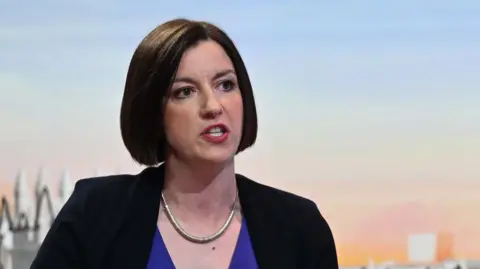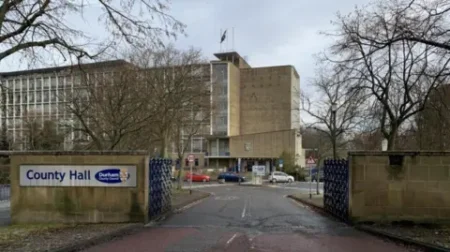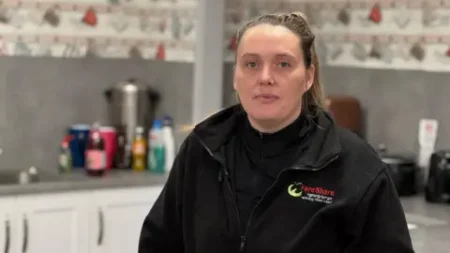In a recent development, UK Education Secretary Bridget Phillipson has expressed concerns regarding the government’s U-turn on welfare policies, indicating that such changes complicate spending decisions. During her appearance on BBC One’s program “Sunday With Laura Kuenssberg,” she highlighted the difficulties this reversal posed for the government’s ability to make sound financial decisions aimed at reducing child poverty.
Phillipson emphasized the administration’s commitment to exploring all possible measures to alleviate poverty among children. However, she refrained from guaranteeing the elimination of the two-child benefit cap, a significant policy limitation that restricts benefits for families with more than two children. The Secretary explained that removing this cap would have substantial financial implications, urging the need for caution as the government fulfils its role in supporting families facing escalating living costs.
The Education Secretary’s comments were situated against a backdrop of political turmoil, notably a revolt among Labour MPs that has compelled the government to significantly retract a welfare reform package. This package was initially projected to result in substantial savings of £5 billion annually by the year 2030, aiming to create a more sustainable welfare system. However, the recent contractions in policy have introduced uncertainty about whether these savings will ultimately materialize, adding increased pressure on Chancellor Rachel Reeves as she prepares for the upcoming autumn Budget.
Prior to the policy retraction, Labour was examining the potential benefits of revising the two-child benefit cap, which has significant implications for families affected by this policy. Currently, this restriction, enforced for children born after April 2017, limits access to means-tested government assistance, raising concerns among advocacy groups and policymakers regarding the impact such measures have on poverty levels and family well-being.
When questioned about the likelihood of repealing the cap, Phillipson acknowledged that the decisions made in the past week have indeed made future determinations more complicated. She stated, “The decisions that have been taken in the last week do make decisions, future decisions harder.” This indicates a significant shift in the government’s approach to welfare, considering the internal party pressures and the implications these decisions have on the lives of ordinary families.
The dialogue surrounding these welfare reforms also intersects with broader societal concerns regarding the economic environment. Families grappling with the challenges of rising living expenses are directly affected by such governmental policies. According to various studies, securing financial support in the form of welfare is crucial for ensuring that children from low-income families can escape the cycle of poverty; hence, any adjustments to welfare frameworks must be approached with careful consideration.
In summary, the government’s recent welfare U-turn, articulated by Education Secretary Bridget Phillipson, has undoubtedly complicated matters of fiscal policy and spending. While there is an active dialogue and commitment to exploring all available avenues for addressing child poverty, the political ramifications of these changes are significant. Both the Labour party and the government must navigate this complex terrain, balancing economic prudence with the imperative to support vulnerable families throughout the country. The upcoming autumn Budget is likely to be a critical moment for these discussions, reflecting the government’s prioritization of child welfare amid economic pressures.











